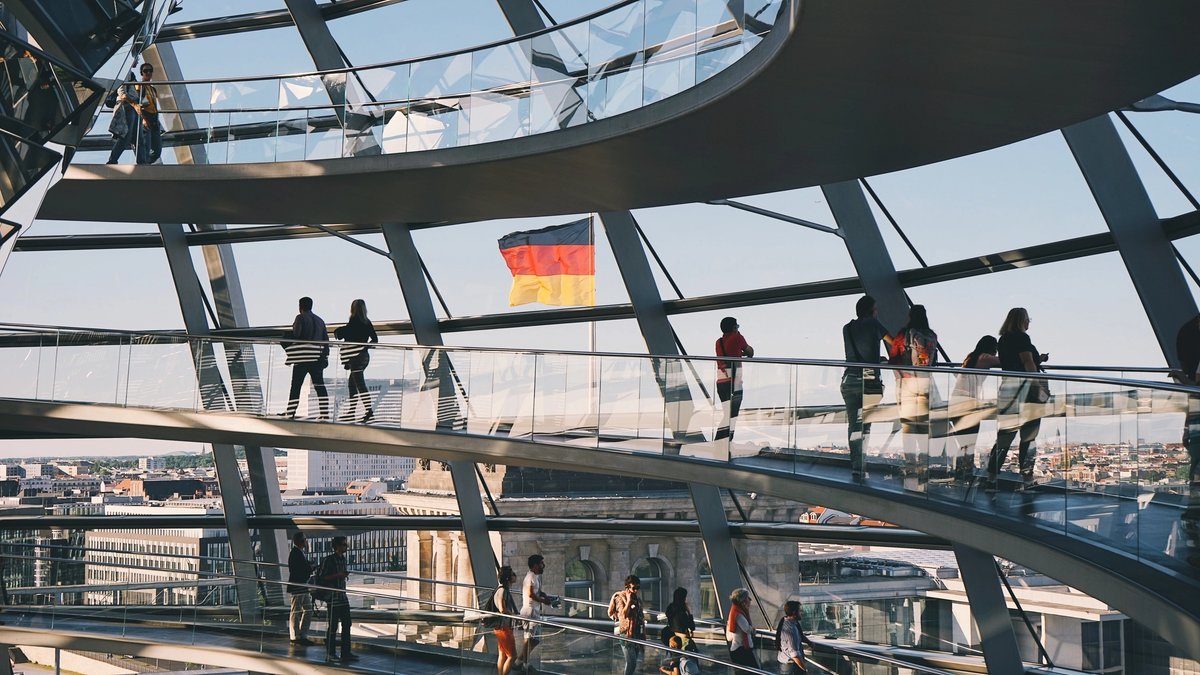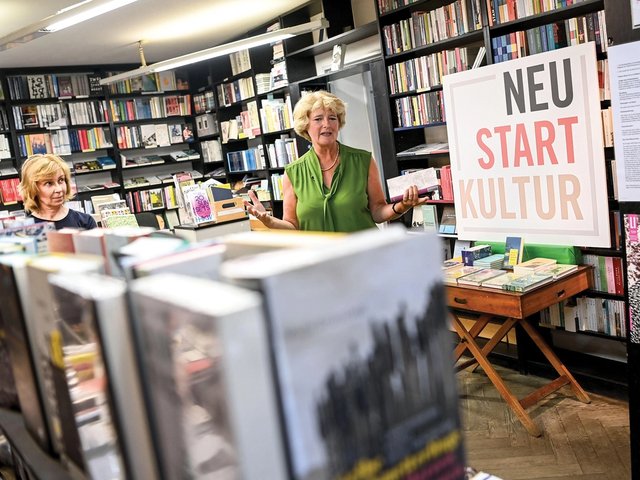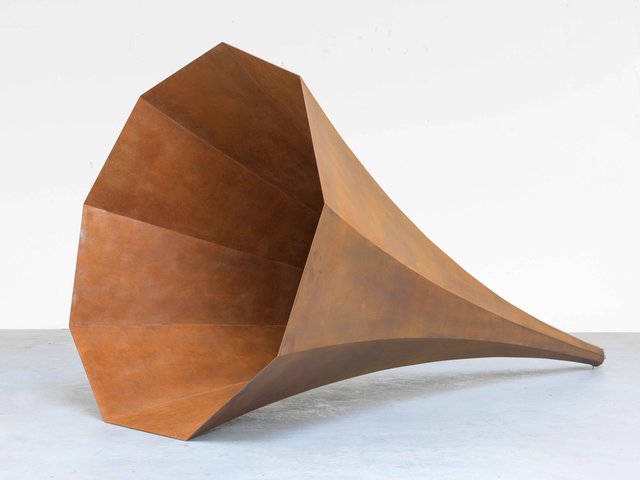The German government has earmarked €1bn for arts and culture in a €130bn stimulus package announced last night by Chancellor Angela Merkel to counter what she described as “the severest economic crisis in the history of the federal republic” caused by the coronavirus pandemic.
The funds for arts and culture, equivalent to half the annual federal budget, are to be released this year and next under a programme called New Start for Culture. The measures include a €250m package enabling primarily privately funded cultural institutions and enterprises to reopen with necessary pandemic precautions. Among those eligible are art and book fairs, music clubs, theatres and cinemas.
The largest chunk of the funding, €450m, is also primarily directed at private projects, initiatives and enterprises, especially in the fields of live music, theatre and film. It aims to get furloughed workers back to work and generate new commissions for self-employed workers. About €30m will be available for art galleries and book publishers.
A further €150m is allocated to digital projects, including at museums. “This crisis has had one positive aspect,” Culture Minister Monika Grütters said in a statement. “A lot of institutions and artists have successfully found alternative digital routes to their audiences. We want to build on this momentum and strengthen it. In this area, the arts sector has an opportunity to come out of this crisis stronger than we went into it.”
Other measures included in the general stimulus package will help arts and culture, including a small reduction in the rate of value-added tax to 16% from 19%. Art galleries have long demanded lower VAT.
“The arts have not been forgotten,” said Olaf Zimmermann, the head of the Kulturrat, the association of cultural industries. “They are an important part of the government’s stimulus package. This is a good result.”




